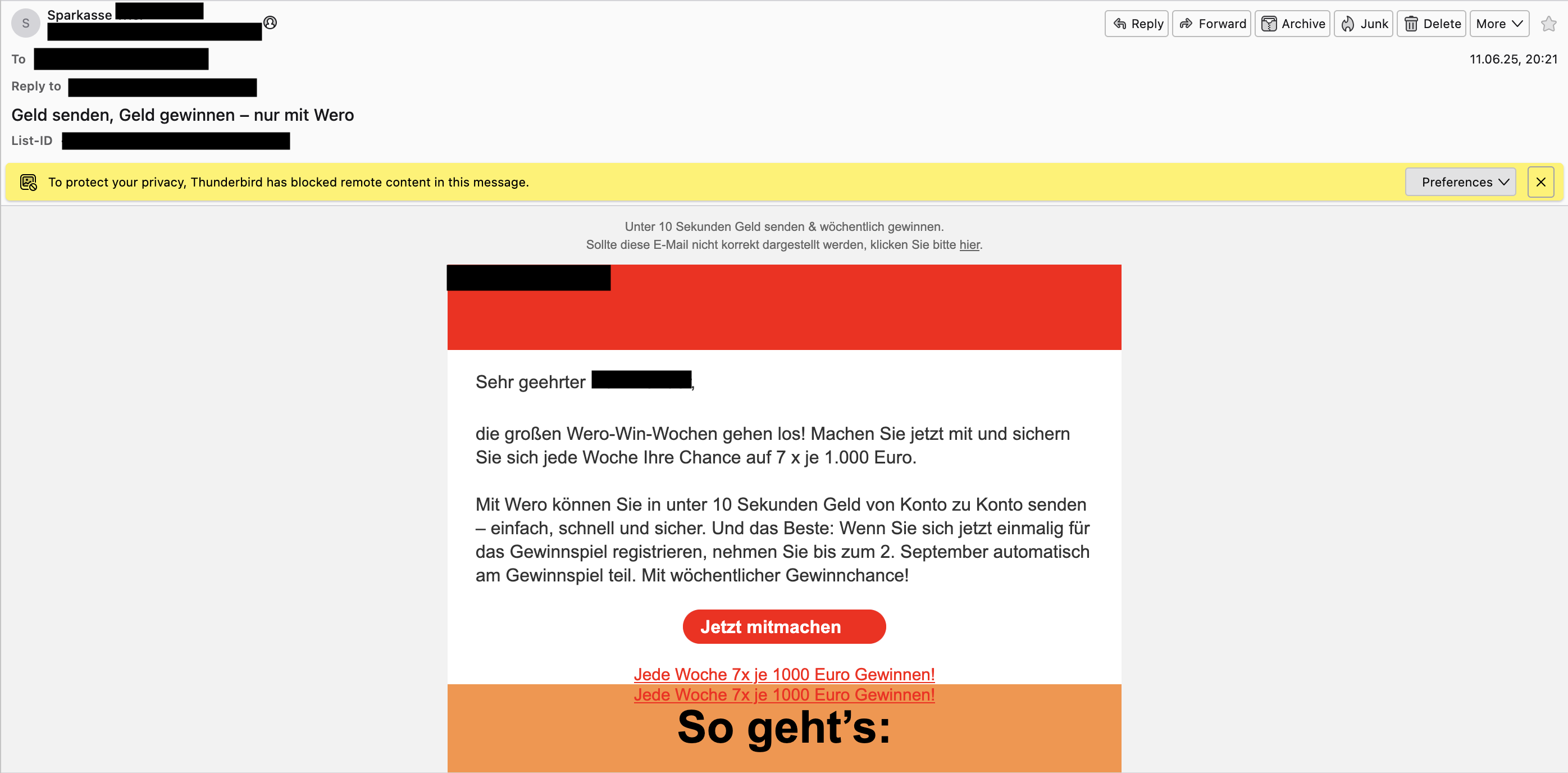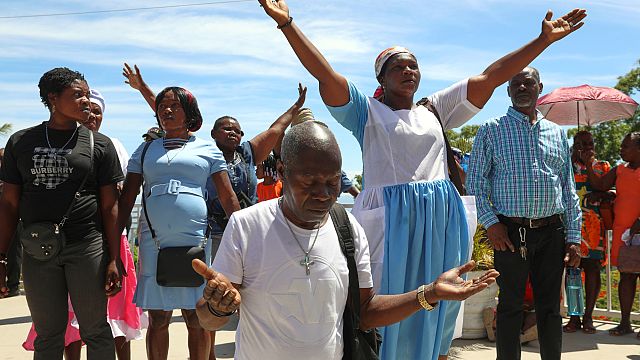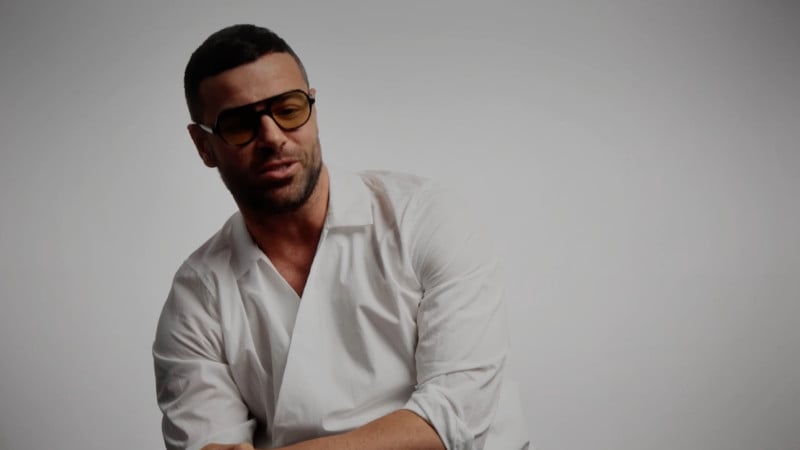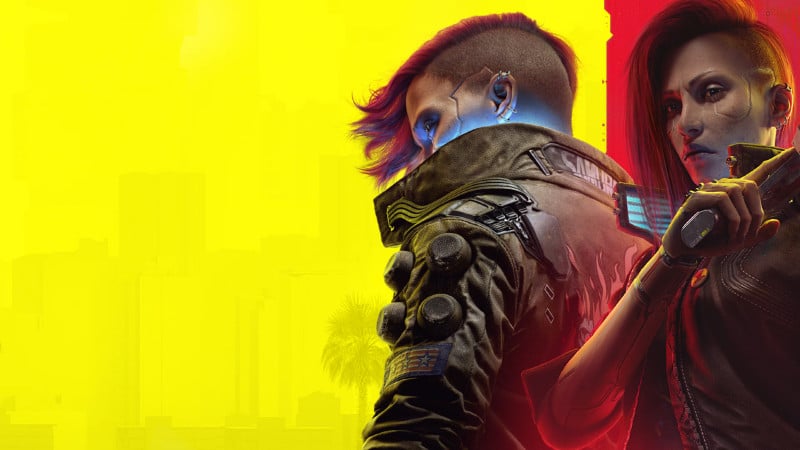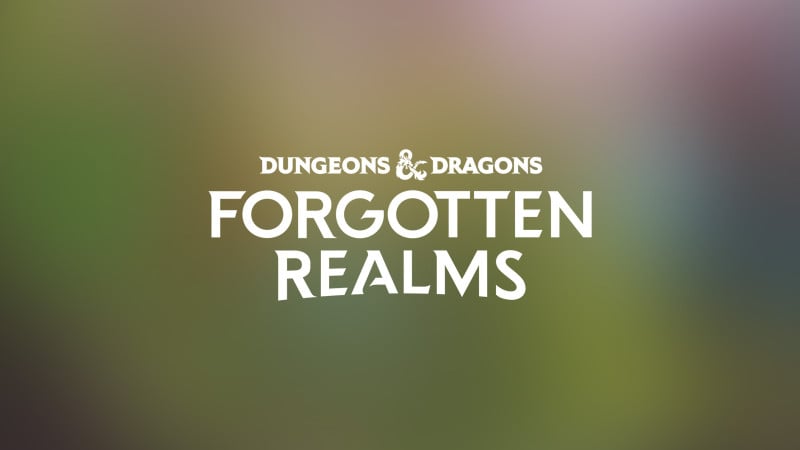Jack Dorsey pumps $10 million into a nonprofit focused on open-source social media

Twitter co-founder and Block CEO Jack Dorsey isn’t just vibe-coding new social apps, like Bitchat and Sun Day, he has invested $10 million in an effort to fund experimental open source projects and other tools that could ultimately transform the social media landscape.
These efforts are funneled through an online collective called “and Other Stuff,” formed in May, whose team includes Dorsey; Twitter’s first employee, Evan Henshaw-Plath; “Calle,” creator of the e-cash platform Cashu; Alex Gleason, former engineering head at Truth Social; and Jeff Gardner, the fourth employee at Intercom.

The group originally met through collaborating on Nostr, an open, “apolitical” social networking protocol that has been receiving the bulk of Dorsey’s attention since Twitter’s sale to Elon Musk and his stepping down from social network Bluesky’s board. However, the team will experiment with other tools, too, like ActivityPub, the protocol that powers the decentralized app Mastodon and others, as well as Cashu.

In recent years, Dorsey has been more critical of how social media platforms have evolved, saying that Twitter should have never been a company and that Bluesky seemed to be repeating the mistakes he and others made at Twitter.
As a result, the team at “and Other Stuff” is determined not to build a company but is instead operating like a “community of hackers,” explains Henshaw-Plath. Together, they’re working to create technologies that could include new consumer social apps as well as various experiments, like developer tools or libraries, that would allow others to build apps for themselves.
For instance, the team is behind an app called Shakespeare, which is like the app-building platform Lovable, but specifically for building Nostr-based social apps with AI assistance.

The group is also behind heynow, a voice note app built on Nostr; Cashu wallet; private messenger White Noise; and the Nostr-based social community +chorus, in addition to the apps Dorsey has already released.
Techcrunch event
San Francisco | October 27-29, 2025
Developments in AI-based coding have made this type of experimentation possible, Henshaw-Plath points out, in the same way that technologies like Ruby on Rails, Django, and JSON helped to fuel an earlier version of the web, dubbed Web 2.0.
Related to these efforts, Henshaw-Plath sat down with Dorsey for the debut episode of his new podcast, revolution.social with @rabble. (Henshaw-Plath’s handle on X is @rabble.)
[embedded content]
Since Dorsey lives in Costa Rica and Henshaw-Plath lives in New Zealand, the two met up at a hackathon in Switzerland for the chat. In the nearly hour-long episode, Dorsey delves into Twitter’s history as well as his philosophies around where social media went wrong and how it can be fixed.
“It took me a long time to realize this…I didn’t really put it into words until I came back as CEO the second time. But it’s hard for something like [Twitter] to be a company, because you have corporate incentives when it wants to be a protocol,” Dorsey says. He notes that Twitter was at the mercy of its advertisers — something Musk also faces despite taking Twitter, now called X, private. Musk has even threatened advertisers with lawsuits over ad boycotts driven by their concerns over X’s lack of moderation and controversial comments Musk himself has made.
While Dorsey understands that catering to advertisers was correct for the business and for Twitter’s stock price, it was the “wrong thing for the internet.”
“They can just remove the money — your money — and your revenue goes down completely,” Dorsey says of advertisers’ power. “So if [Twitter] were an open protocol, if it were truly an open project, you could build a business on top of it, and you could build a very healthy business on top of it.”
Dorsey eventually funded an effort to build an open protocol inside Twitter, which later spun out to become Bluesky. But Dorsey believes Bluesky faces the same challenges as traditional social media because of its structure — it’s funded by VCs, like other startups. Already, it has had to bow to government requests and faced moderation challenges, he points out.
“I think [Bluesky CEO] Jay [Graber] is great. I think the team is great,” Dorsey told Henshaw-Plath, “but the structure is what I disagree with…I want to push the energy in a different direction, which is more like Bitcoin, which is completely open and not owned by anyone from a protocol layer. That’s what I see in Nostr as well,” he says. “That’s where I want to push my energy…rather into the more corporate direction, even if it is a public benefit corporation,” Dorsey adds.

In later episodes, Henshaw-Plath will interview others who have insight into how social media and tech have evolved, including journalists like Kara Swisher and Taylor Lorenz, former Twitter head of Trust & Safety Yoel Roth, Substack co-founder Chris Best, Medium CEO Tony Stubblebine, Cory Doctorow (who coined the term “enshittification” to describe the state of much of the current web), and renowned misinformation researcher Renée DiResta.
The team at “and Other Stuff” is also working on a social media “Bill of Rights,” says Henshaw-Plath, which spells out what social media platforms need to provide in areas like privacy, security, interoperability, transparency, identity, self-governance, and portability.
This, they believe, will help platforms, including Bluesky and others, remain accountable to their users despite any outside pressure.
Dorsey’s initial investment has gotten the new nonprofit up and running, and he worked on some of its initial iOS apps. Meanwhile, others are contributing their time to build Android versions, developer tools, and different social media experiments.
More is still in the works, says Henshaw-Plath.
“There are things that we’re not ready to talk about yet that’ll be very exciting,” he teases.
What's Your Reaction?
 Like
0
Like
0
 Dislike
0
Dislike
0
 Love
0
Love
0
 Funny
0
Funny
0
 Angry
0
Angry
0
 Sad
0
Sad
0
 Wow
0
Wow
0


